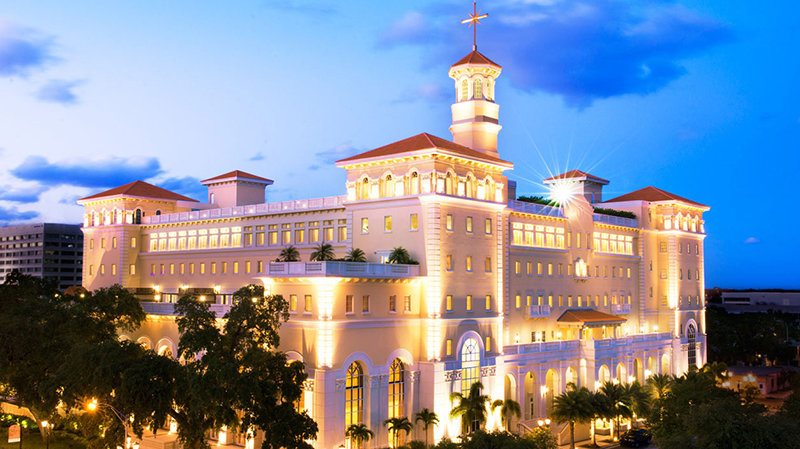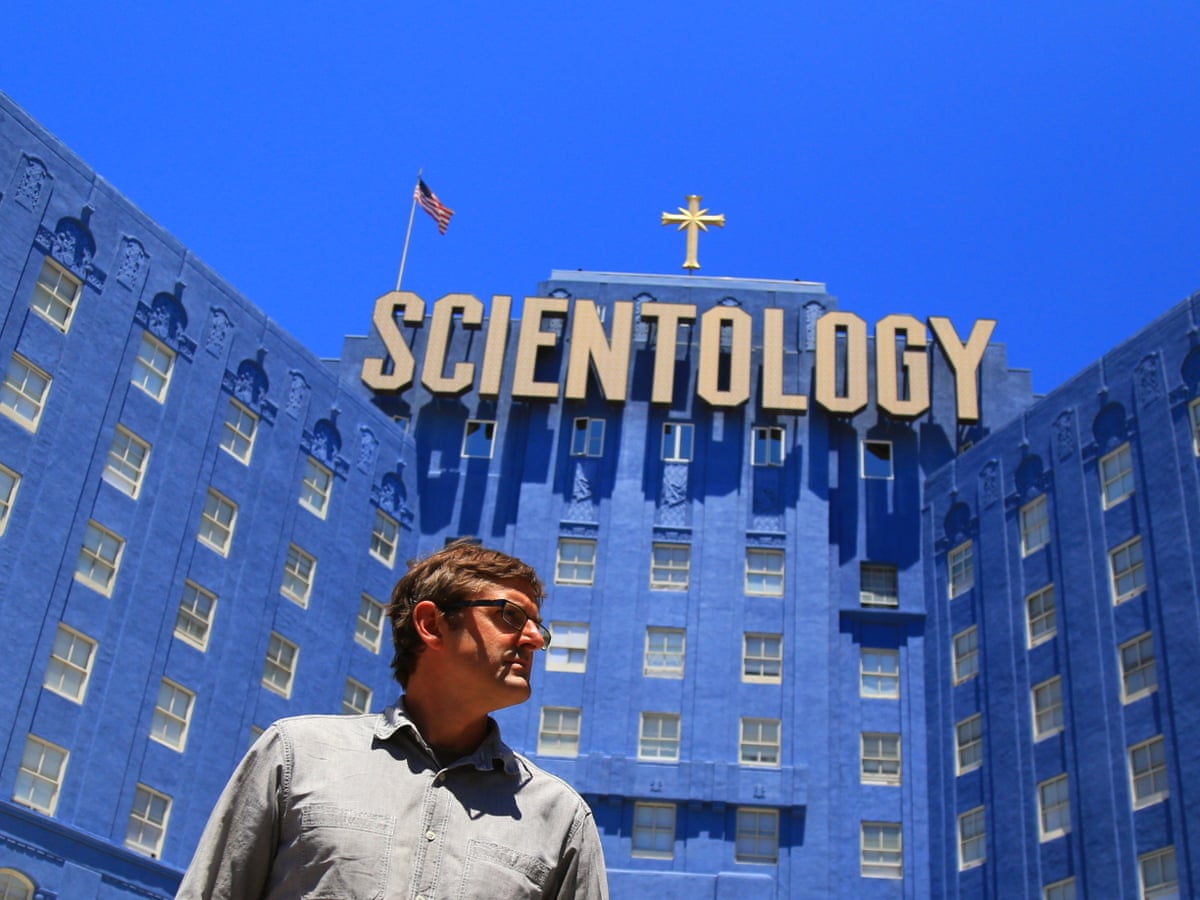Start a Journey of Exploration: Delve into the Teachings of Scientology
Start a Journey of Exploration: Delve into the Teachings of Scientology
Blog Article
The Truth Regarding the Church of Scientology Revealed
The Church of Scientology has actually long been a subject of both fascination and conflict, with its beginnings dating back to the mid-20th century. Established by sci-fi writer L. Ron Hubbard, this spiritual motion has obtained considerable focus for its distinct ideas and methods. Nonetheless, past the surface area degree info that many recognize with, there exists a much deeper and a lot more complex internet of disputes, objections, and intricacies that shed light on the inner workings of this company. As we begin to unwind the fact regarding the Church of Scientology, a more clear photo emerges, revealing a narrative that is as appealing as it is contentious.
Beginnings and Founding
The Church of Scientology was established in 1954 by sci-fi writer L. Ron Hubbard. Hubbard at first created a self-help system called Dianetics, which later advanced into what is currently referred to as Scientology. The origins of Scientology trace back to Hubbard's discontentment with standard psychiatric therapy methods and his belief in the capacity for people to conquer past traumas and accomplish spiritual knowledge.
Hubbard's mentors centered around the idea of thetans, never-ceasing souls provide in all individuals, and the technique of bookkeeping, a type of counseling intended at uncovering and dealing with past traumas (Scientology). These principles developed the foundation of Scientology, which Hubbard called a religion that provided a course to self-discovery and individual growth
The Church of Scientology promptly acquired followers, with Hubbard developing the initial official Church of Scientology in Los Angeles. Over the years, the organization expanded around the world, bring in both committed followers and critics that elevated problems concerning its methods and beliefs. Despite disputes surrounding its origins and methods, Scientology remains to be a significant religious motion with a visibility in different countries around the globe.

Beliefs and Practices
With an emphasis on spiritual enlightenment and personal development, Scientology's methods and beliefs revolve around discovering past traumas and accomplishing self-discovery through the idea of thetans and the technique of auditing. Thetans, according to Scientology teaching, are never-ceasing spiritual beings that exist within each individual.
Bookkeeping includes an one-on-one session between a qualified auditor and a Scientologist. Throughout these sessions, the auditor overviews the individual with a series of workouts and inquiries designed to aid them challenge and settle their past injuries. By doing so, Scientologists think they can attain spiritual knowledge, boost personal development, and reach their complete possibility as spiritual beings. The method of bookkeeping is main to the beliefs and practices of Scientology, highlighting self-discovery and the pursuit of a greater state of existence.
Disputes and Objections
Amidst public examination and dispute, the Church of Scientology has dealt with a multitude of debates and criticisms regarding its methods and effect on culture. One substantial point of contention focuses on the organization's supposed monetary methods, with accusations of excessively high fees for services and hostile fundraising tactics - Scientology Randburg. Doubters have actually likewise increased worries concerning the Church's strict ordered framework, which some former participants claim promotes a society of control and adjustment
Furthermore, the Church of Scientology has gone through extensive criticism for its treatment of participants, consisting of allegations of compelled labor, psychological misuse, and the practice of disconnection, where our website members are encouraged to cut ties with friends and family important of the Church. These methods have resulted in various legal obstacles and investigations in several nations, casting a shadow over the Church's track record.
Additionally, the Church's hostile legal tactics versus media and critics outlets have actually stimulated disputes about freedom of speech and the limitations of spiritual defense. These conflicts have dramatically designed public understanding of the Church of Scientology and remain to fuel recurring discussions concerning its legitimacy and influence on culture.
Management and Framework
How does the management framework of the Church of Scientology affect its procedures and decision-making processes? The Church of Scientology is recognized for its hierarchical management model, which is streamlined around the authority of its leader, currently David Miscavige.
At the local degree, Scientology runs via individual churches and goals, each with its own collection of leaders accountable for supervising operations within their corresponding locations. These leaders are charged with applying the regulations set forth by the main leadership while additionally resolving the specific requirements of their churchgoers.
While this hierarchical structure can improve operations and guarantee adherence to the church's teachings, it has actually also encountered criticism for potential abuses of power and lack of transparency. Understanding the management and framework of the Church of Scientology is important in understanding exactly how the company features and the dynamics at play within its ranks.
Influence and Influence
What significant impacts does the leadership framework of the Church of Scientology have on its participants and exterior stakeholders? The ordered management framework within the Church of Scientology applies an extensive influence on its participants and external stakeholders. Participants are usually based on rigorous control and tracking, with substantial pressure to adapt the practices and ideas dictated by the leadership. This can lead to a loss go to website of personal freedom and essential thinking abilities, as individuals are anticipated to unquestioningly follow the directives stated by the organization's leaders (Scientology Johannesburg).
On The Surface, the Church of Scientology's leadership framework can have a polarizing effect on stakeholders. While some might be attracted to the organization's charming leaders and assurances of self-improvement, others might watch out for the control exerted over participants and the debates surrounding the church. This can lead to a division in public understanding, with some checking out the company positively and others revealing hesitation or objection. In general, the leadership framework of the Church of Scientology plays a substantial role fit the experiences and assumptions of both members and exterior stakeholders.
Conclusion

The Church of Scientology quickly obtained followers, with Hubbard developing the first official Church of Scientology in Los Angeles.Among public scrutiny and argument, the Church of Scientology has actually dealt with a plethora of conflicts and criticisms regarding its methods and influence on culture.What substantial effects does the management structure of the Church of Scientology have on its participants and external stakeholders? The ordered management structure within the Church of Scientology applies an extensive impact on its members and external stakeholders. Generally, the leadership framework of the Church of Scientology plays a substantial function in forming the experiences a fantastic read and assumptions of both participants and exterior stakeholders.
Report this page